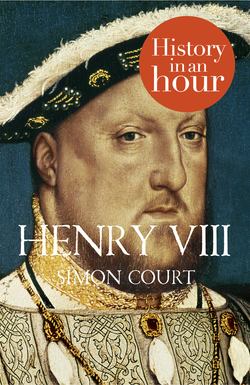Читать книгу Henry VIII: History in an Hour - Simon Court - Страница 7
The King of England and of France
ОглавлениеHow does Henry’s view of himself as ruler determine the public foreign policy of his war against France? He was fully aware of the previous triumphs of English monarchs during the Hundred Years’ War and their domination of large parts of France during that period. His personal hero was Henry V, and he yearned to recreate the glory of the Battle of Agincourt when, on 25 October 1415 – Saint Crispin’s Day – ‘King Harry’ and his troops killed up to 10,000 French, yet lost only about 110 of their own men. The English claim to the Crown of France had been dormant since 1453, but it had never been renounced and Henry sought to bring it back to English hands.
The opportunity to do so arrived early in his reign. The French were occupying parts of (what is now) Italy and Pope Julius II was trying to put together an alliance to drive them out. When King Ferdinand II of Castile joined forces with him in October 1511 to form the ‘Holy League’, Henry jumped at the chance to join it and during the following spring a joint Anglo-Spanish attack was made on Aquitaine with the intention of recovering it for England. The attempt was unsuccessful, but the Pope announced that King Louis XII should be stripped of his kingdom of France and of the title ‘most Christian king’, conferring both on Henry instead. Anticipating a coronation by the Pope himself in Paris, Henry sought to convert this papal pronouncement into concrete political reality.
On 30 June 1513 Henry invaded France. He led his troops down as far as Tournai (which is now in Belgium) and, after a successful siege, made a triumphant ceremonial entry into the town on 25 September. However, the victory was largely symbolic. He made no further inroads into France and had spent his father’s treasure in financing the campaign. He ended up being compelled to sign a peace treaty in 1514, and when Louis XII was succeeded by the 20-year-old Francis I, Henry was confronted by a French version of himself, which injected a new competitive dynamic into the Anglo-French relationship.
